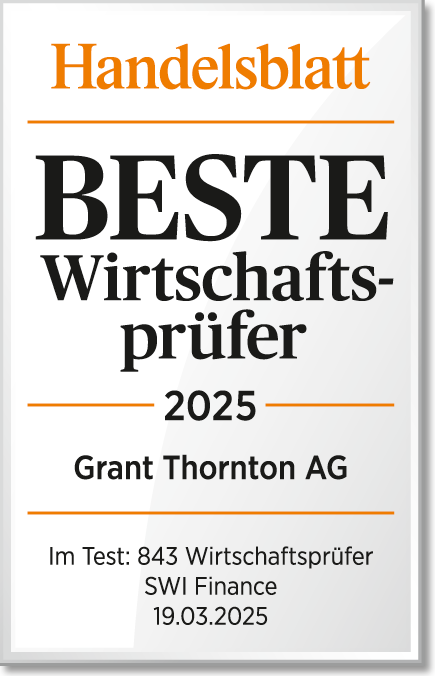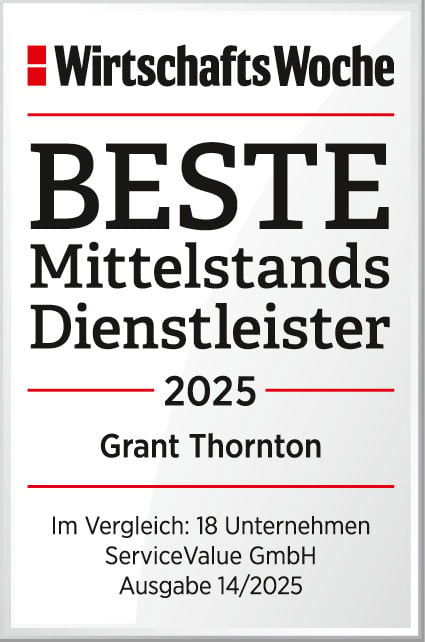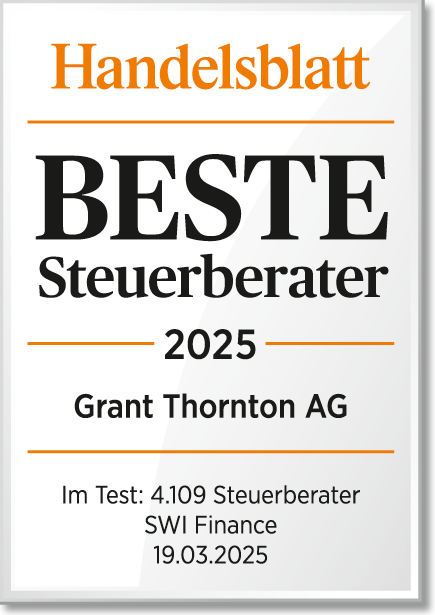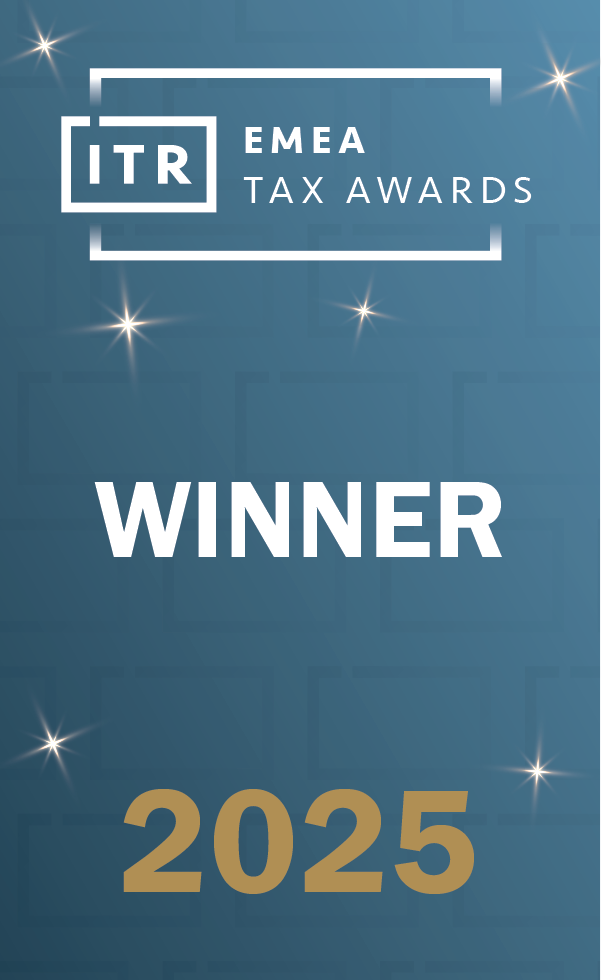The energy sector is facing great challenges – the market is characterised by sustainability, energy security and complex regulatory requirements. Energy is the fuel of the modern world and the legal conditions are as demanding as they are crucial. Whether it’s energy concessions, renewables or heat supply – legal expertise is the key to success.
With our extensive experience in energy law, Grant Thornton supports businesses to plan their projects to be efficient, legally compliant and future-proof. Put your trust in customised solutions to safeguard your success in the energy sector.
Overview of our services
Energy law includes numerous regulations and laws that regulate the energy supply sector in Germany. The sector is shaped by the energy transition, an extensive restructuring of the energy system towards more sustainable and environmentally friendly energy production. The main legal basis for this is the Energy Act (Energiewirtschaftsgesetz – EnWG), the Renewable Energy Sources Act (Erneuerbare-Energien-Gesetz – EEG) and the Combined Heat and Power Act (Kraft-Wärme-Kopplungsgesetz – KWKG). Our advisory covers answering standard issues that arise from the Energy Act, such as access to energy grids, the rules on network tariffs and obtaining permits for generation installations, and covers questions on topics that crop up regularly, which we have therefore described separately.
Electricity and gas concessions are granted for a maximum of 20 years, the longest period allowed under antitrust law. Regranting access rights is subject to strict requirements under energy and procurement law. Whether they are legal or not is therefore a perennial issue for the courts. We support local authorities with awarding energy concessions under section 46 f. of the Energy Act (EnWG) and assist energy supply companies with bidding for new concessions or defending existing ones. We assert our clients’ claims in court – both with injunctions and in main proceedings, e.g. when the takeover of a network is disputed.
In renewables, too, we particularly focus on providing our clients with holistic and interdisciplinary advice. Our main advisory service is support with renewable energy expansion projects (particularly wind and solar). From the legal standpoint, this primarily includes checking legally whether the projects can be carried out and supporting our clients with securing the land and agreeing cooperation with partners by drafting and negotiating land use and cooperation agreements.
We also advise our clients on which legal form to opt for and on setting up companies for projects, as well as related to purchasing installations and stakes in existing project companies. We also draft, negotiate and review standard electricity supply contracts and power purchase agreements.
Government policy and the associated changes in the law as well as rules on decarbonisation mean there is a great need for advice on heat supply. We advise our clients on all their issues related to heat generation and supply.
Our advisory services mainly include reviewing the legal compliance of heat supply contracts, particularly concerning agreed contractual terms and price adjustment clauses; drafting new clauses to comply with the current legal situation; and drafting contracts for new customers.
Related to existing final customer contracts, we also support our clients with developing a legally watertight transition strategy as well as with the transition itself and with communicating with customers. Invalid price adjustment clauses in particular represent a high economic risk to heat suppliers, which is why we also advise our clients in an interdisciplinary way on this and give them practical support.
Trust Grant Thornton and our experts with energy law
With profound knowledge of the industry and many years of experience, we support businesses with complex legal challenges – so you can achieve success in energy law.
As part of the global Grant Thornton network with over 73,000 experts in around 150 countries, you can take advantage of in-depth market knowledge and regional expertise.
Our offices in Germany mean we’re always close by. Our personal, flexible advisory ensures that your goals and expectations are always the focus.
Our awards
Questions on energy law
Energy law includes all the legal regulation governing the generation, distribution and use of energy. This includes legislation and regulations on renewable energy, network operation, energy concessions, heat supply and energy efficiency. The goal is for access to energy to be secure, sustainable and competitive, in compliance with national and international rules.
EU directives and regulations on environmental law lay down standards and rules within the European Union to protect the environment. While directives must be transposed into national law by Member States, regulations apply directly and are binding on all EU countries. Examples include rules on air quality, emission thresholds, waste management and the expansion of renewable energy.
The Renewable Energy Sources Act is a key law in Germany on fostering the expansion of renewables. Among other things, it regulates the remuneration from electricity from renewable sources such as wind, solar or biomass and the feed of this electricity into the public grid. The goal of the Renewable Energy Sources Act is to drive forward the energy transition and increase the proportion of renewables in the generation mix.
The Energy Act (EnWG) governs the legal framework for the supply of electricity and gas in Germany. It includes rules on the organisation of the market, on safeguarding a reliable and environmentally friendly energy supply and on the regulation of network operation. The Energy Act also creates the basis for competition in the energy market.
The Combined Heat and Power Act (KWKG) promotes the simultaneous generation of electricity and heat in combined heat and power (cogeneration or CHP) facilities. This technology increases energy efficiency and contributes to the reduction of carbon emissions. Among other things, the Combined Heat and Power Act regulates the subsidising of CHP power stations through surcharges for supplied or self-used CHP electricity.
The KWKG surcharge is a levy paid by electricity consumers in Germany to fund the promotion of CHP stations under the Combined Heat and Power Act (KWKG). It is collected through electricity bills and is to cover the surcharges that the operators of CHP stations receive for the electricity they provide. The surcharge thereby contributes to supporting more environmentally friendly energy generation.
The Network Expansion Acceleration Act (Netzausbaubeschleunigungsgesetz Übertragungsnetz – NABEG) is a German law introduced in 2011 to speed up the expansion of the electricity distribution networks. It is a key component of the energy transition in Germany, which aims at making planning and permit procedures for new electricity lines faster and more efficient. This is particularly important in order to integrate into the grid the increasing amount of electricity from renewables, such as wind and solar energy.
Enterprises involved in energy generation, distribution or use can profit from legal advice on energy law. This includes energy suppliers, network operators, local government, local authority-run power stations and companies that use renewables or that carry out heat supply projects. Manufacturing companies with high energy use also often need legal support.












